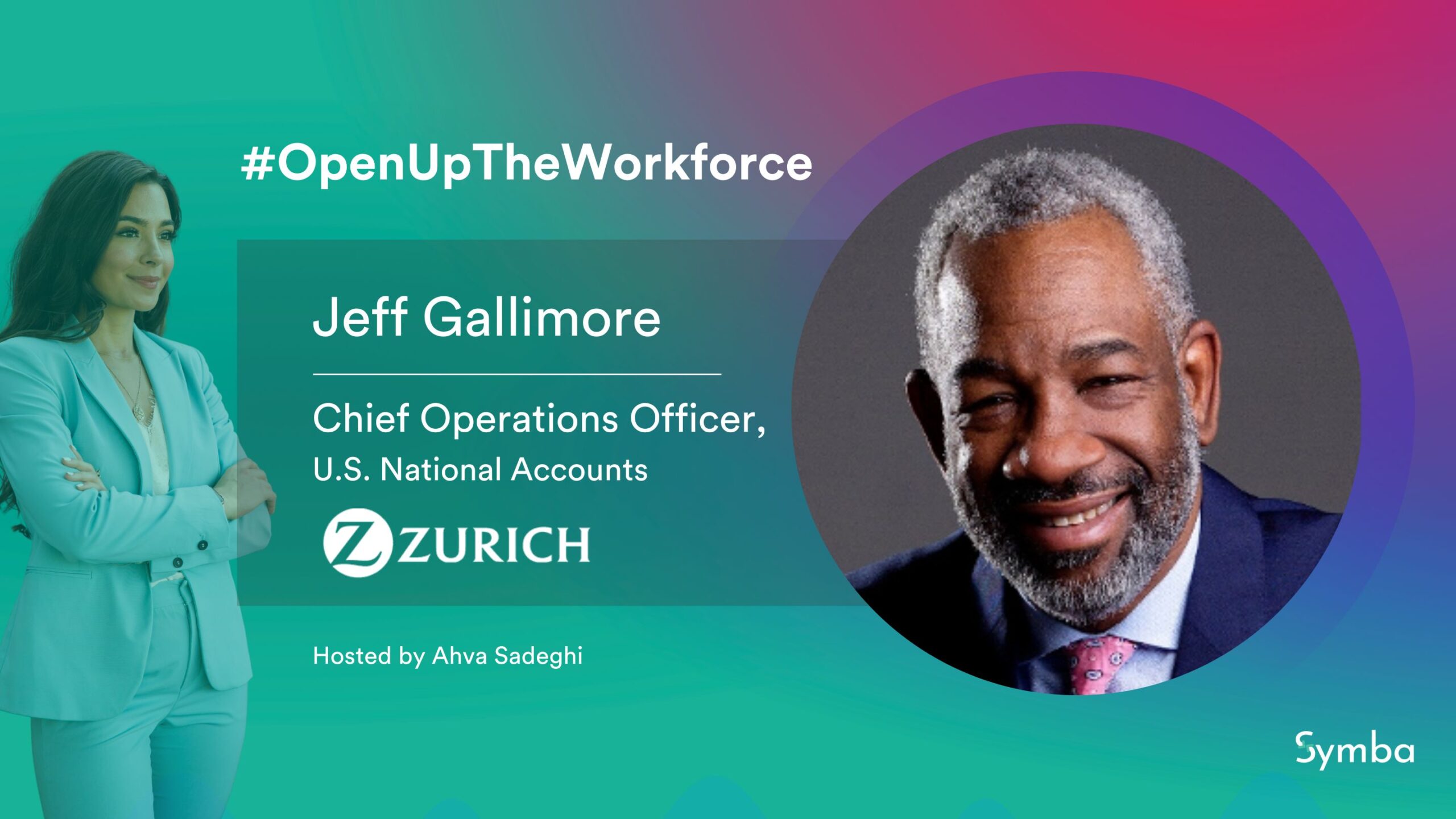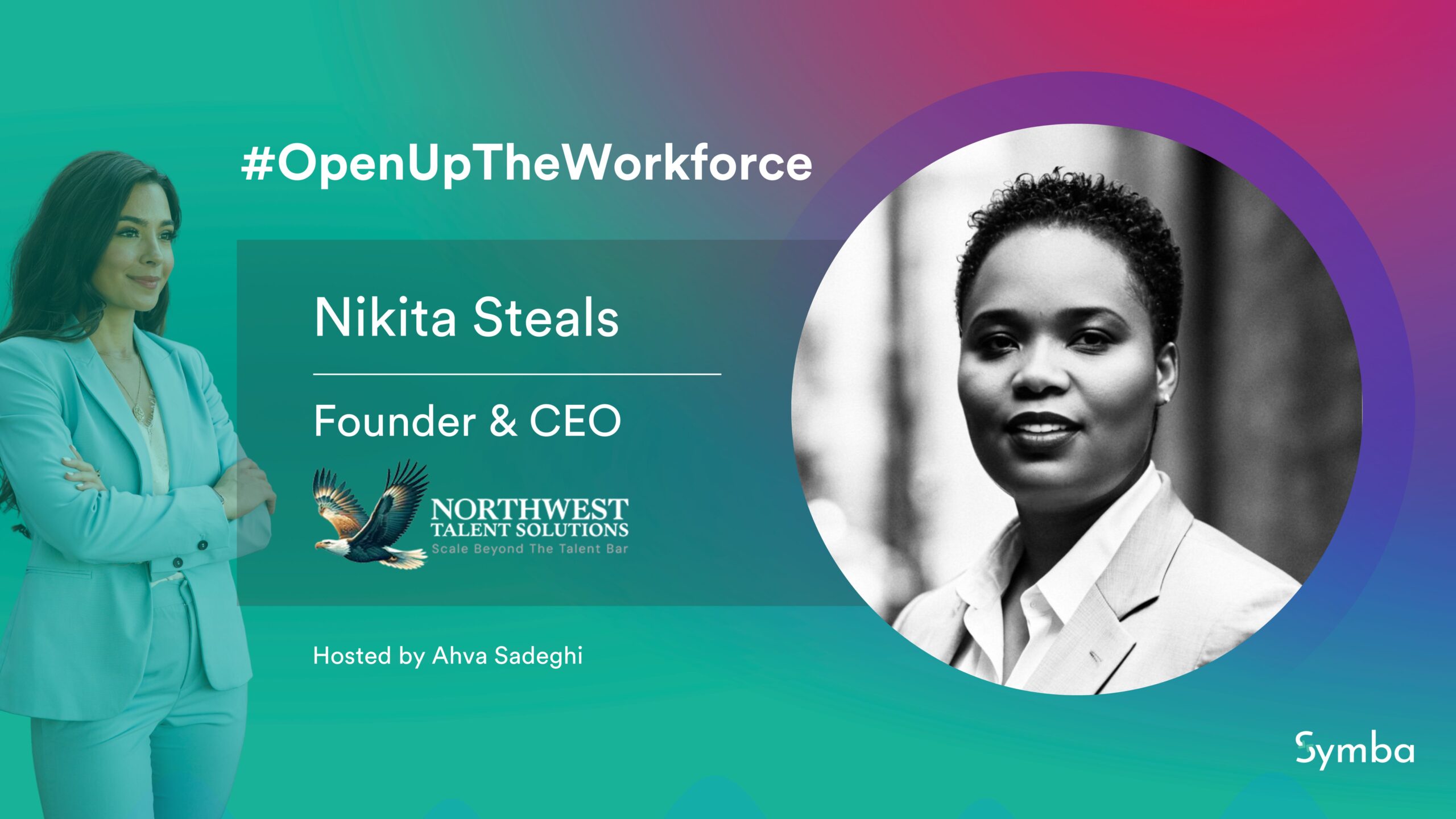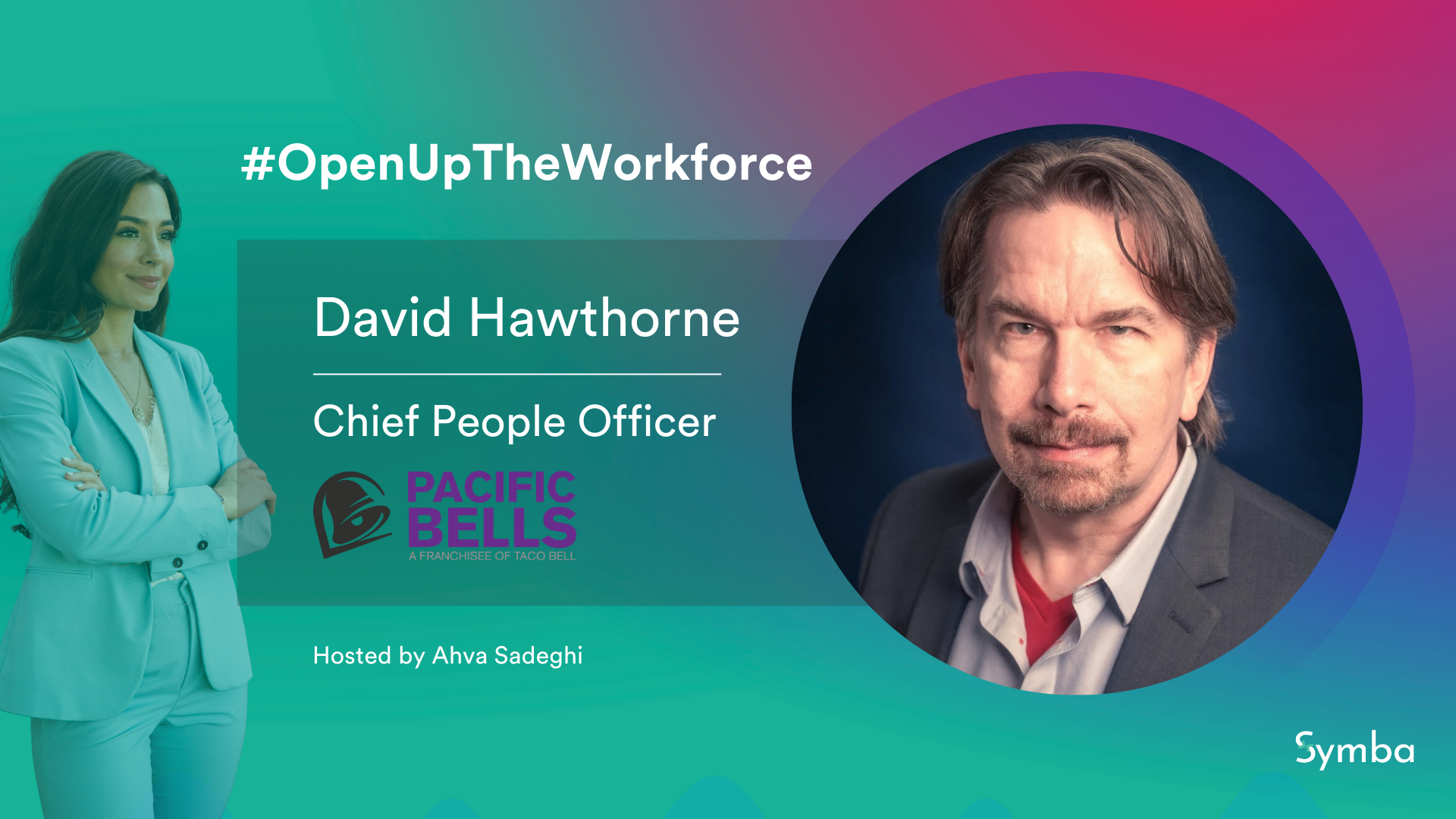A Guide on Key Internship Resources for Undocumented Students
By Paula Mora Arias
Over 650,000 undocumented immigrants brought to the U.S. as children are currently enrolled in DACA (Deferred Action for Childhood Arrivals). Through DACA, thousands of eligible Dreamers are allowed to study, receive work permits and protection from deportation for renewable two-year periods. This past June, the future of Dreamers was protected in the Supreme Court, which ruled there is no proper legal justification for ending DACA.
Undocumented students often face many financial and legal struggles that hinder their ability to access career-building opportunities. At Symba, our core mission is removing barriers of entry to the workforce. We believe everyone, regardless of physical location or national origin should have equal access to internship experiences, the avenue to develop and ultimately contribute to the success of our community as a whole. That is why we have compiled a list of resources for undocumented students seeking internship opportunities, with the aim to help them navigate their options as they embark on a journey to a brighter future.
1. Internship resources for undocumented students
Being an undocumented student often means having limited internship opportunities; however, there are a number of internship and fellowship programs opening their doors to DACA-eligible and non-DACA students. Here’s where to begin:
- Visit Cornell University’s Resources for Undocumented Students, Scholarships, Grants & Internship for a comprehensive list of opportunities
- The UCLA Dream Resource Center offers a variety of programs and projects for dreamers like the Dream Summer and Immigrant Justice fellowships
- The Hispanic Association of Colleges and Universities hosts an annual National Internship Program
- Immigrants Rising also offers a variety of fellowship opportunities in the Bay Area and Nationwide
2. Resources for disclosing immigration status with potential employers and recruiters
It can be challenging for undocumented students to know when, how or if to disclose their immigration status. The correct way to approach this varies with every opportunity and organization; however, the best place to start is by leveraging relevant resources that can help educate and guide the discussion:
- Begin by seeking guidance from your university’s career center
- Get informed on Employment Rights with DACA
- Visit the National Immigration Law Center for a list of FAQs on employment under DACA
3. Resources for financing unpaid internships
Although at Symba we believe every internship should be paid, we are aware that many students resort to unpaid opportunities to be able to gain professional experience. Here are some options for undocumented students looking to finance unpaid internships:
- Ask your employer to create a fellowship or stipend as an alternative payment method
- Explore the option of working as an independent contractor or freelancer using your ITIN Number
- If your internship has been canceled due to COVID-19 apply for the Intern Relief Fund
Our team at Symba will continue to create awareness and support the shift towards a more inclusive future of work. We hope these resources are a helpful starting point in your journey as an intern, regardless of your immigration status. We invite you to sign-up for our newsletter at symba.io for more internship resources and remote internship opportunities.
The future of work requires redefined roles, restructured workplaces, and rapid learning. COVID-19 will be the catalyst for business transformation as organizations have no choice but to respond to its challenges. By demonstrating your digital literacy skills, you are gearing up for the workplace of tomorrow.
Remote internships allow you the freedom to work on your own and build transferable skills for your next roles, like communication, time management and digital literacy. We hope you make the most of your remote internship, and gain the skills that will position you for a successful career! Stay tuned for more remote internship articles.
By Paula Mora Arias





